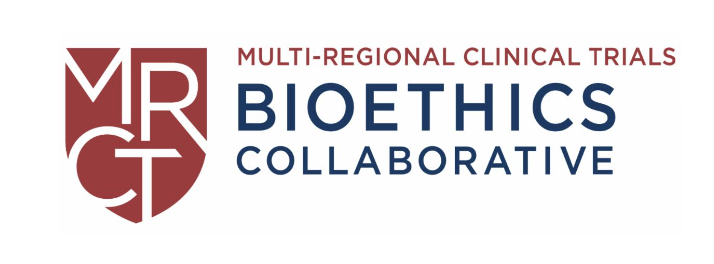June 4, 2025 @ 1:00 pm – 3:30 pm

Location: Hybrid
Topic: Therapeutic Misconception Revisited
Abstract: The lines between research and care continue to blur. Pragmatic research studies comparing accepted therapies are increasingly embedded seamlessly into clinical practice. More and more, participation in research deemed promising is offered to patients before standard therapies are exhausted, sometimes as a first-line option. While the concept of “therapeutic misconception”—in very broad strokes, the tendency for individuals to misapply attributes of clinical care to research—has been a mainstay of research ethics for over 40 years, these developments provide an occasion, and perhaps even an urgent need, to revisit it and related topics. How exactly should we understand the therapeutic misconception and what it involves, particularly in cases where the line between research and care really is vague and hard to determine? Even more basically, how should we understand the relationship between research and care in the first place? Are concerns over therapeutic misconception still important, or do they perhaps reflect naïve understandings of research and care and the relation between them–particularly in cases where current options are limited?
This meeting is open to sponsors of the Bioethics Collaborative. For more information about the Bioethics Collaborative and how to become a sponsor, click here.

